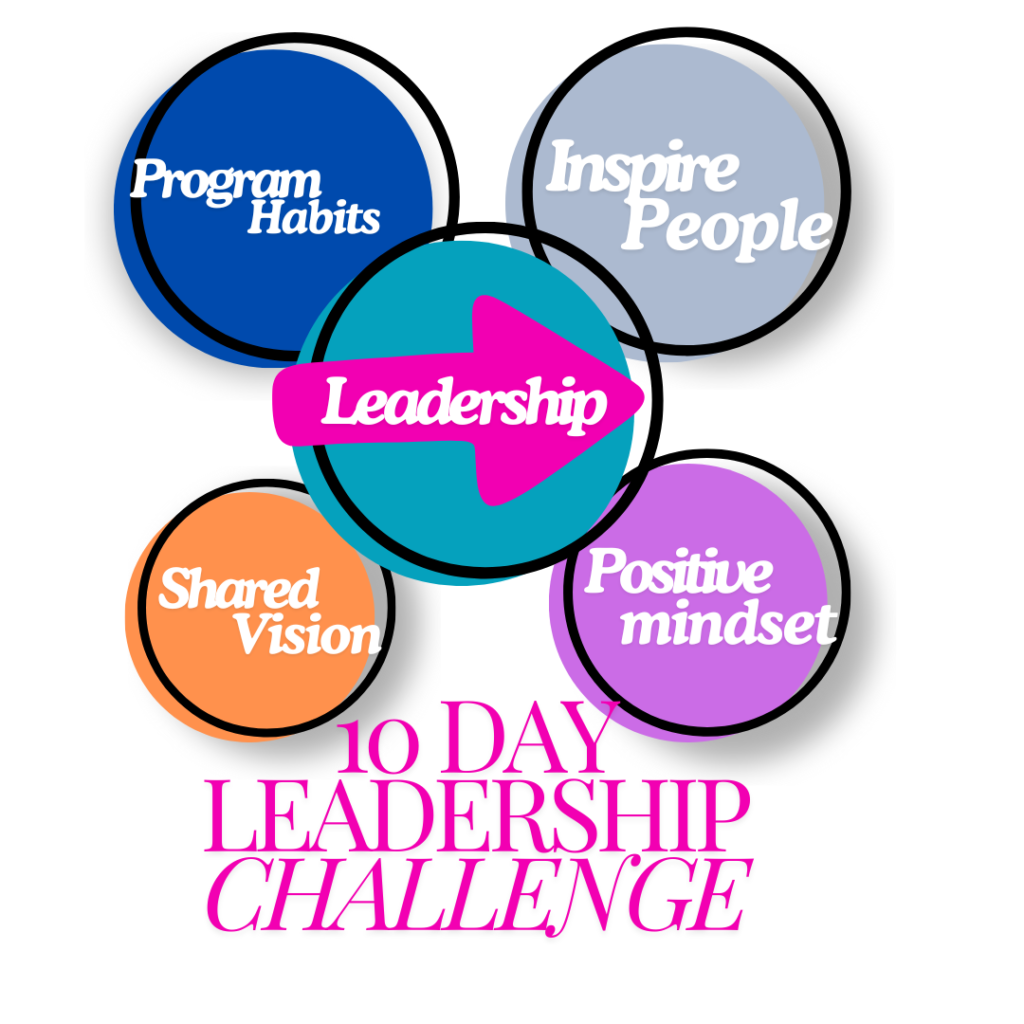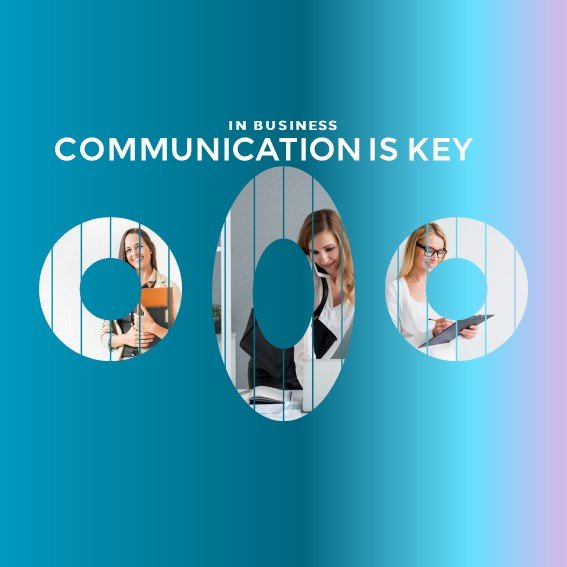The days of top-down management are fading. Today’s leaders are evolving beyond traditional performance management to embrace a more holistic and empowering approach to leadership. In all the years I’ve been delivering leadership training, I’ve noticed a huge change. The shift towards a more holistic and empowering approach is a positive development in leadership training and practice.
Today’s practices are increasingly recognising the importance of emotional intelligence (EQ) in the leadership roles. Unlike traditional leaders who might have focused primarily on technical skills and performance metrics, modern leaders prioritise understanding their own emotions and those of their team members. This awareness builds better communication, stronger relationships, and a more empathetic workplace culture.
For leaders, I cannot highlight the importance of lifelong learning enough. When we are given the recent resources and tools to use to support teams you can create many opportunities for you and your team.
Progressive leaders cultivate an environment where team members feel safe to take risks, voice dissenting opinions, and make mistakes. This psychological safety unleashes creativity, innovation, and continuous improvement. Psychological safety comes from establishing a positive team climate.
This involves valuing team members’ contributions, demonstrating care for their well-being, and encouraging open dialogue about challenges and ideas. The practice enhances psychological safety and increases overall team effectiveness and morale.
Why not give it a go?
Your’ve got this.



